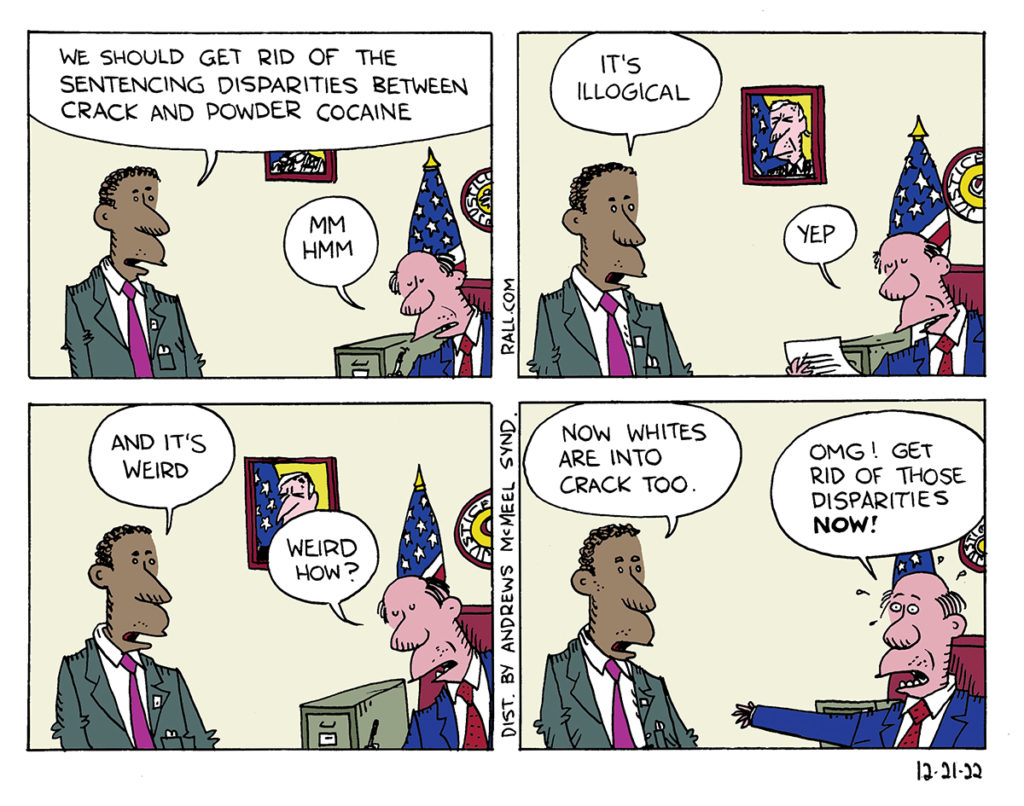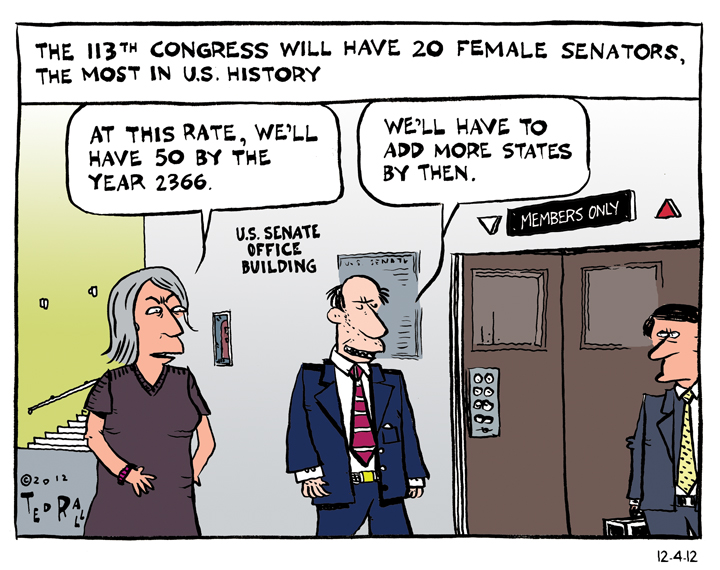With the Democratic Party in disarray and the Left unable to organize itself into a coherent political movement, it’s a good time for Americans who oppose capitalism to get back to the basics of anti-capitalist politics: communism.
Communism is an economic and political system under which everyone lives equally and has equal access to goods, services and power. Socialism is a system that precedes communism, in which the value added by labor is transferred over time from the ruling-class elites who control it under capitalism to the working class that produces it.
40% of American voters consistently tell pollsters they have a favorable view of socialism. We appear to be in a classic Marxist final crisis of late capitalism, overproduction, yet the media and education systems do not permit serious discussion of alternatives to capitalism.
On “The TMI Show,” co-hosts Ted Rall and Manila Chan ask: What is communism exactly? Is it desirable? Is it attainable? Can revolution be achieved non-violently?




